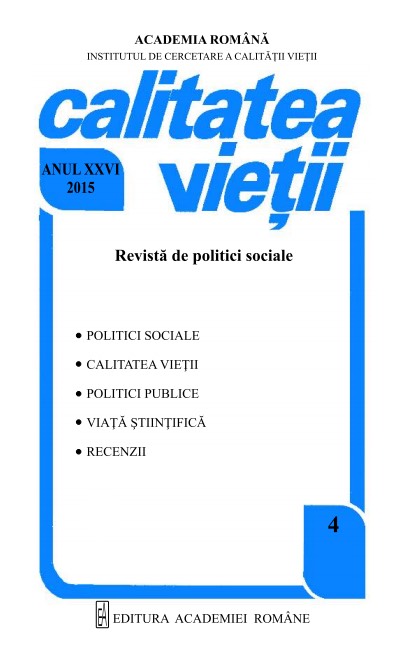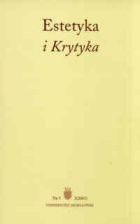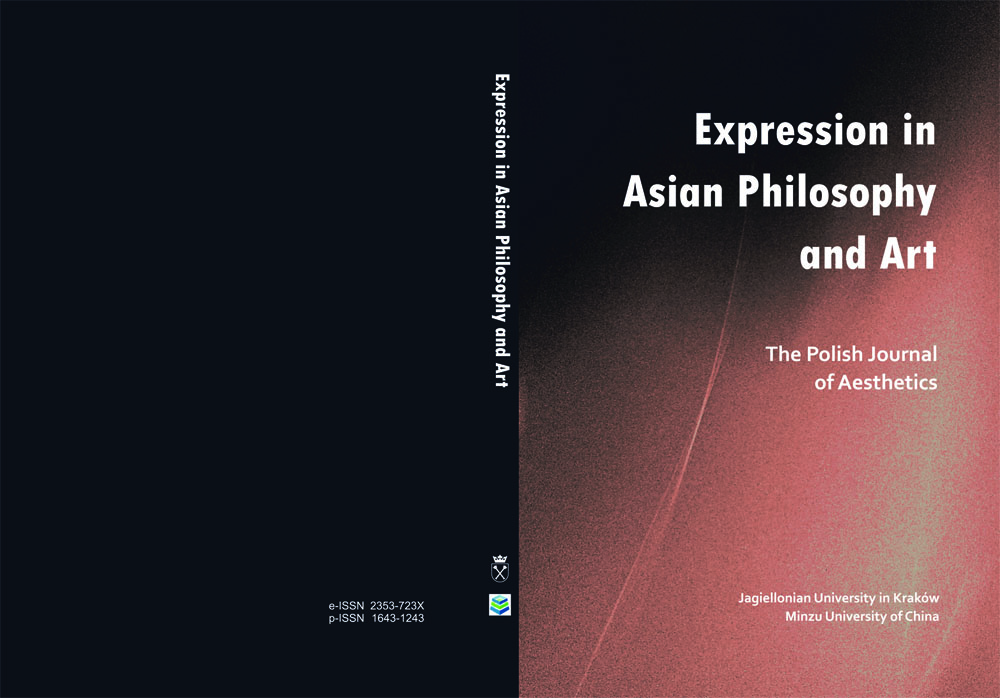
Energetic poverty: the socia impact of the energy prices reform on the standard of living
Sărăcia energetică: impactul social al reformei prețurilor energiei asupra standardului de viață
Keywords: Romania; energy poverty; fuel poverty; vulnerable consumer; living wage; minimum subsistence threshold
Acest studiu se focalizează pe impactul social, pe vulnerabilităţile şi problemele sociale pe care le crează reforma sistemului energetic şi crearea pieţei naţionale a energiei. Explozia preţurilor energiei şi creşterea sărăciei energetice, a numărului de consumatori vulnerabili, impun o evaluare critică şi o reproiectare a sistemului de protecţie socială a acestora. Analiza şi comparaţiile internaţionale se bazează pe datele statistice privind consumul energetic, sărăcia şi deprivarea materială furnizate de instituţii publice româneşti şi europene. La acestea se adaugă datele rezultate din cercetările Institutului de Cercetare a Calităţii Vieţii privitoare la standardul de viaţă, sărăcie sau minimul decent de trai. În următorii 2–3 ani preţurile electricităţii şi ale gazelor naturale se vor dubla, ceea ce va avea consecinţe profunde nu numai asupra situaţiei sociale a consumatorilor vulnerabili, ci şi asupra politicilor publice şi activităţii instituţiilor cu responsabilităţi în domeniul energiei, motiv pentru care studiul include un set de recomandări pentru acestea.
More...

